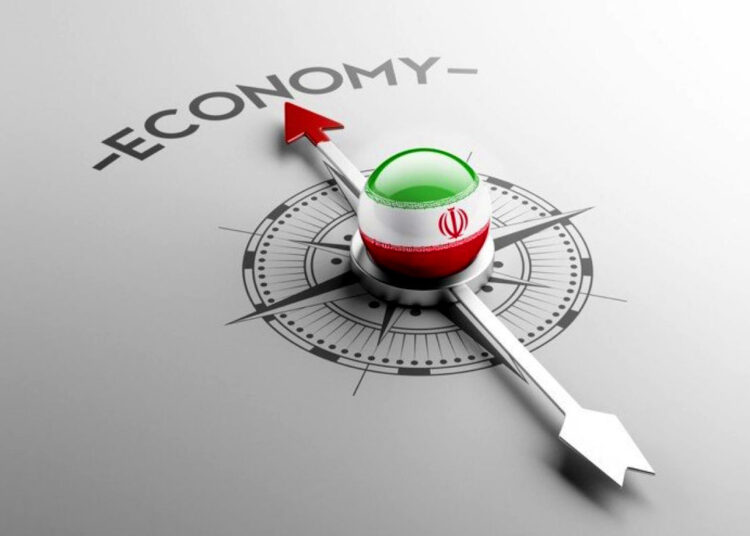A study by the Iranian Parliament Research Center scrutinizes the global underpinnings of US economic coercion against Tehran and the insufficiencies inherent in Iran’s conventional tactics to counter these punitive measures. The report delineates various avenues to mitigate the sanctions’ impact, encompassing: 1. legal abrogation of sanctions and reestablishment of diplomatic ties between Iran and the Western bloc; 2. Employing tactics to bypass sanctions; 3. Leveraging instruments such as financial agreements, offshore banking, and cryptocurrencies; and 4. Enacting domestic economic reforms.
The analysis proffers a distinct outlook on the sanctions regime targeting Iran, delving into the sway of multiple contributing factors, ranging from the nuclear issue to Iran’s economic and political geography, and America’s strategic realignment from West Asia towards rivalry with China. The paper draws contrasts and examines Iran’s macroeconomic landscape pre- and post-oil sanctions era. It contends that before the Islamic Revolution, Tehran’s economic interests were inextricably entwined with the Western bloc. However, a watershed in those relations culminated in an altered American perception of Iran’s economy. Sanctions were consequently imposed, albeit becoming particularly stringent circa 2010.
The authors aver that understanding the sanctions imposed on Iran necessitates a comprehensive and nuanced approach that encompasses the global struggle between rival power blocs, with particular attention to the Sino-American confrontation. Within this context, the United States seeks to undermine or assert control over pivotal arteries of China’s Belt and Road Initiative through strategies such as sanctioning Iran, limiting China’s access to West Asian and European natural resources, and harnessing geo-economic potentials.
According to the research, the resurgence of the Taliban in Afghanistan, political turmoil in Iraq, governance frictions in Pakistan, insecurity in Syria, and the government collapse in Lebanon are all perceived as components of America’s grand design to thwart China’s Belt and Road Initiative and its pursuit of economic dominance. The study underscores the difficulties in altering the US political determination to sanction Iran, even with legal settlements, as evinced by the abortive Joint Comprehensive Plan of Action (JCPOA) experience. The US possesses the means to obstruct Iran from reaping the rewards of sanction relief, even if they are nominally lifted. Consequently, a legal accord alone is insufficient to secure a reprieve from Iran’s economic plight.
The endurance of US sanctions targeting Iran is linked to Tehran’s economic and political geography and its bearing on regional and global politics. Viewed through this prism, the sanctions are regarded as a geostrategic and geo-economic maneuver by the United States. Consequently, expectations of an eventual cessation of this punitive economic regime are deemed improbable, the study notes.
Furthermore, the report highlights how the contest for access to vital resources and markets constitutes a salient dimension of the Sino-American confrontation. Based on projections by the US International Energy Agency, worldwide energy demand is anticipated to surge by 50% by 2050, intensifying the struggle for securing energy supplies across varied regions. Presently, China imports oil and natural gas from over 40 nations. Through pragmatic synergy of two essential elements—1. Pursuit of diversified energy sources for sustaining economic growth; and 2. Expansion of political and economic clout in foreign lands—it has generated trepidations within the United States.
In conclusion, the report posits that none of the four outlined strategies for neutralizing sanctions, inclusive of legal removal of sanctions and normalization of economic ties with the Western bloc, sanctions evasion tactics, utilizing novel financial instruments, and implementing internal economic reforms in Iran, sufficiently address the sanctions conundrum. Ergo, Iran must reevaluate and redefine its standing in the global order. To achieve this, Iran must engage in a fundamental appraisal of the collisions and conflicts among international powers, requiring a strategic paradigm shift to surmount American sanctions.






